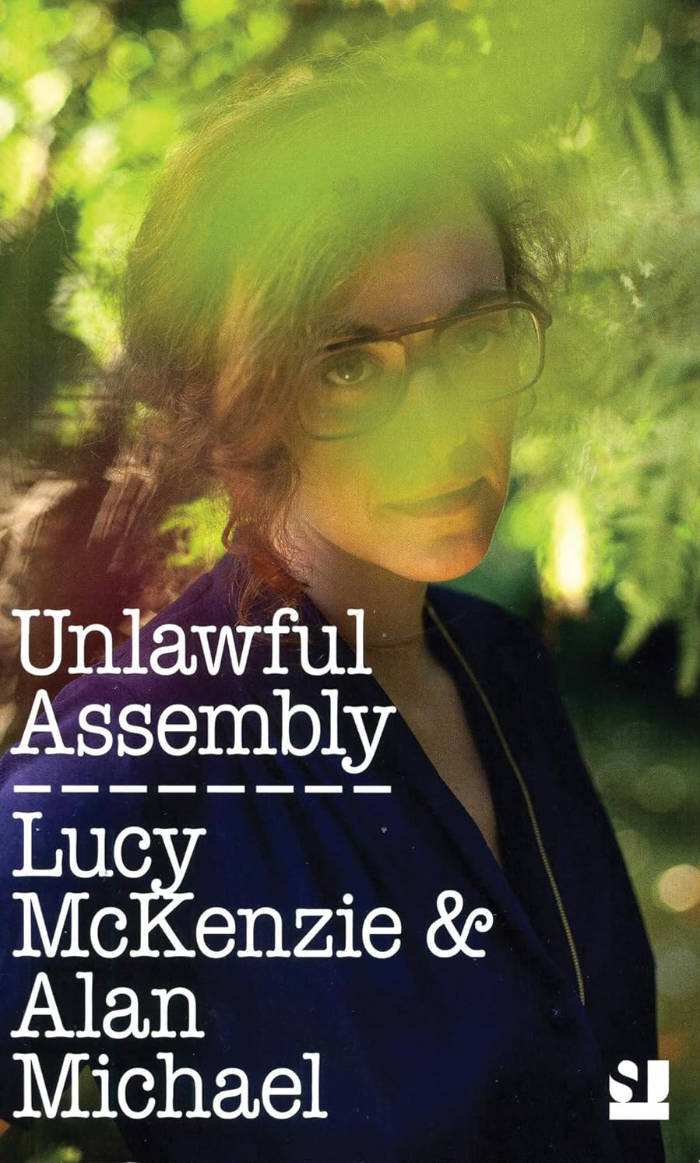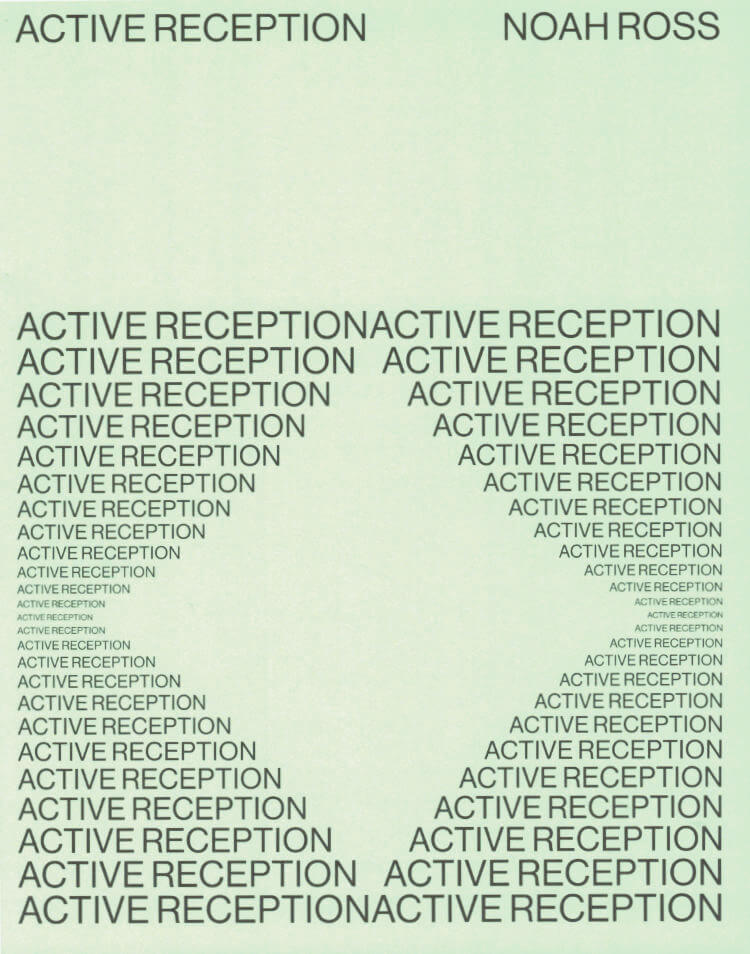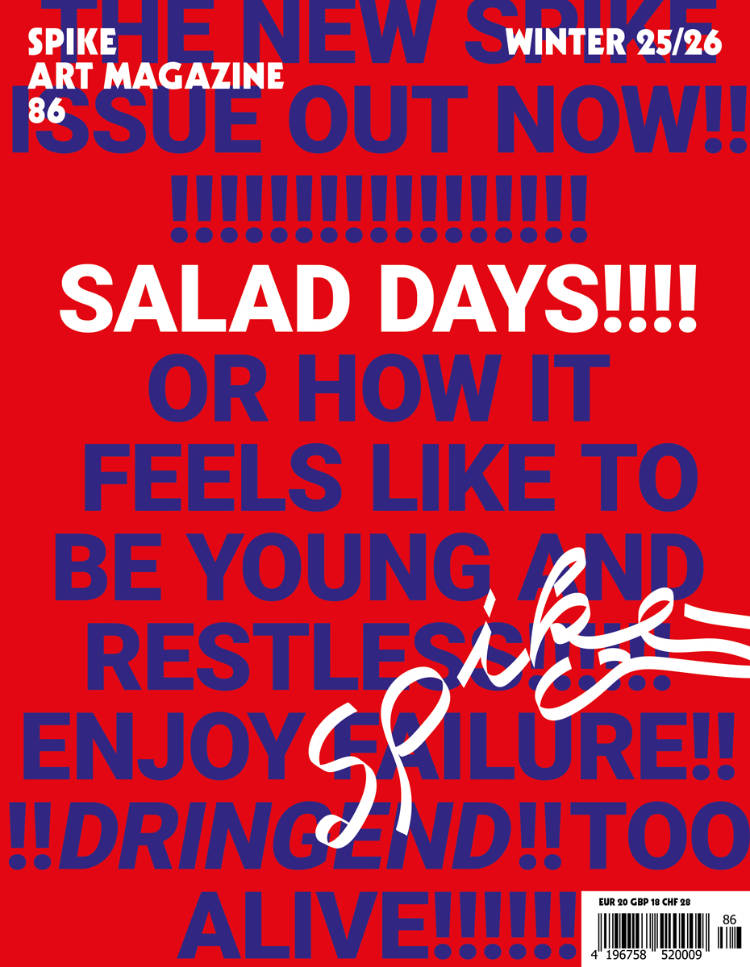
Disappearing Curtains
Paul Buck ed.
This book sees the re-emergence of the seminal 1970s magazine Curtainsedited by British artist/writer, Paul Buck.
With its early promotion of French writers such as Georges Bataille, Maurice Blanchot, Jacques Derrida, Jean-Pierre Faye and Edmond Jabès, Curtains’ re-appearance arrives after an exhibition at Focal Point Gallery in 2012 that was recreated from an earlier 1992 work at Cabinet Gallery around the concept of ‘disappearing’.
The invited contributions come from thirteen artists with whom the editor has engaged over the years. In addition, Buck has returned to pull threads from the earlier editions of his magazine to explore ideas with writers encountered in the intervening years, making all appear in a consolidated grouping as a final gesture, one that refuses to disappear.
Contributions include those by: Kathy Acker, Susan Hiller, Liane Lang, Lucy McKenzie, Richard Prince, Miroslav Tichy, Sophie von Hellermann, and many others.
Language: English







